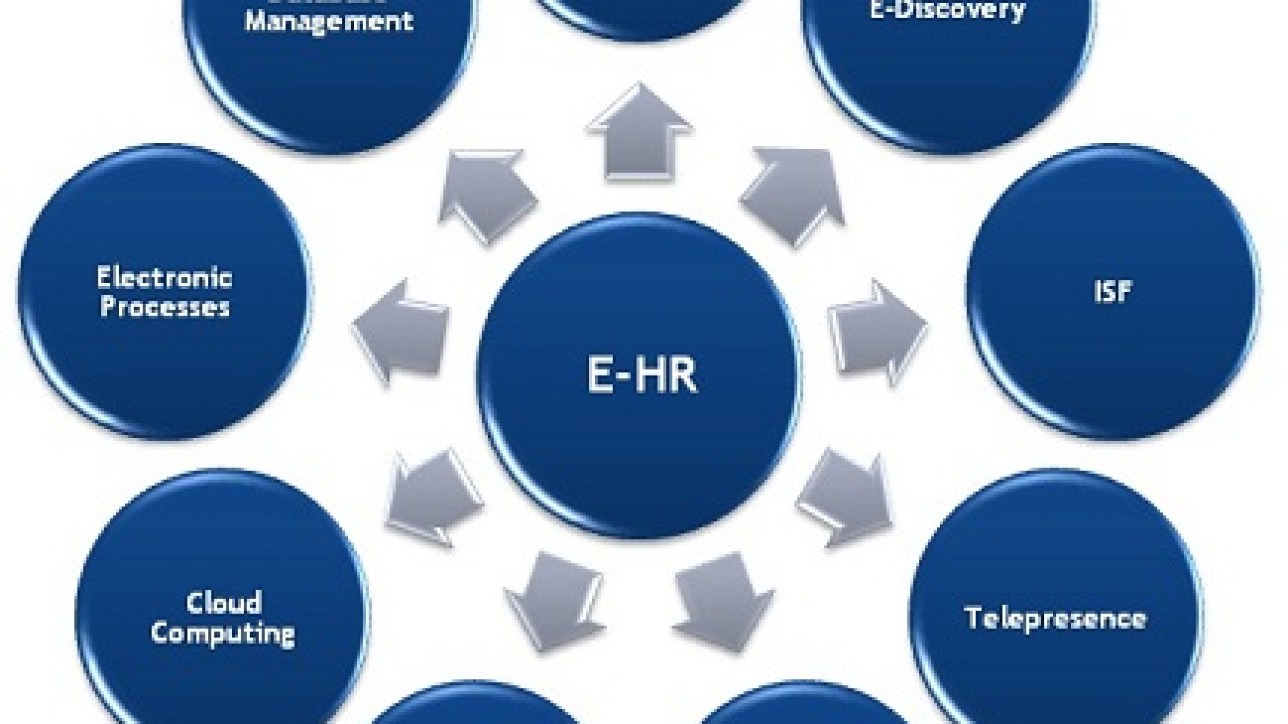The American Society for Clinical Oncology Tuesday called on Congress to help improve research and treatment by building upon current legislation and strengthening the interoperability of electronic health records.
Dr. Clifford Hudis, chairman elect of the ASCO’s government relations committee and oncologist at Memorial Sloan Kettering Cancer Center in New York City, said few adult clinical trials exist in cancer research, and data that is being gathered on how well treatments work is not being shared among doctors.
That’s in contrast to societal trends and companies such as Amazon and Google, which use big data to make informed decisions aimed at improving efficiency, he said.
“This is not how the rest of the world works,” he said. “This is not accepted in the rest of the world.”
Hudis praised the passage of the 21st Century Cures Act in the House, which instructs the U.S. Department of Health and Human Services to develop certification requirements for data-sharing such as application programming interfaces.
Legislation should also ensure that cancer patients and oncology providers do not bear the costs of bringing health records together, he said.
ASCO would also like to see a ban on information blocking, which is when a company purposefully prohibits health information exchange, usually for proprietary reasons.
Jack Whelan, a patient advocate from Andover, Mass., said he has spent more than $1 million treating his rare blood cancer and has “had a front-row seat along the road to personalized medicine,” he said.
He has tried a lot of different treatments and knows that data is key to developing them.
Whelan, who has six grandchildren and recently celebrated his 46th wedding anniversary, said available technology is not being used to create better treatments and some companies can’t, or won’t, communicate.
He says his doctor might have been able to make more informed decisions on his care if he knew about or had more information on his blood disorder.
Hudis showed screenshots from ASCO’s own health information technology platform, called CancerLinQ. Given access to data from treatment sites across the country, the platform can help physicians determine the best options for a patient by distilling the data and presenting it in a visual format. It is currently used at 15 practices across the country.
“This system is going to provide real-time quality feedback to providers,” Hudis said.
Dr. Robin Zon, who practices at Michiana Hematology Oncology in Indiana and is immediate past-chairwoman of the ASCO Clinical Practice Committee, has participated in CancerLinQ’s first efforts.
Data sharing is needed to make vital assessments and deliver high-quality care, she said.
“It’s a powerful tool that will provide better treatment,” she said.
The ASCO’s call to legislate the matter contradicts what other industry stakeholders asked for earlier this summer.
In June, the Senate’s Health, Education, Labor and Pensions committee chair Lamar Alexander (R-Tenn.) called the inability of healthcare IT systems to exchange health information “a glaring failure.”
Witnesses at that same hearing warned against a blunt legislative approach to achieving widespread interoperability, asking instead that Congress use its influence with HHS to adjust and improve existing programs.
The solution to finding ways for EHR systems to communicate and share information is an elusive one that’s been the topic of countless Congressional hearings this year.
The HELP committee will meet Wednesday to discuss patient access to their medical records.
This article originally appeared here.

